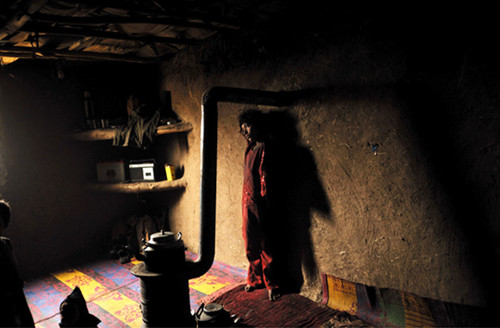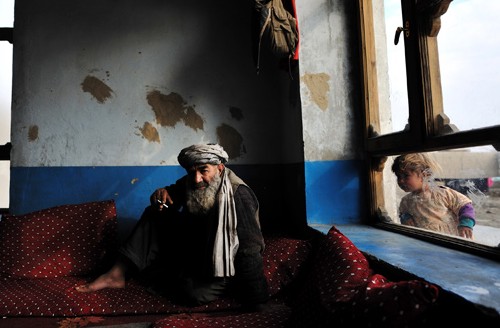By Rahim Faiez
Afghan civilians will bear the brunt of an escalation in the Afghan war this year as thousands more U.S. troops deploy unless more is done by NATO forces and Taliban militants to protect them, a top Red Cross official said Monday.
Civilian casualties in Afghanistan are "significantly higher" today than a year ago, and an intensification of the conflict this year could mean that consequences for many more Afghans will be "dire in the extreme," said Pierre Krahenbuhl, the director of operations for the International Committee of the Red Cross.
"The daily lives of people living in areas where the fighting is taking place are being disrupted, be it because of airstrikes, night raids, suicide attacks, the use of IEDs, or because of intimidation and the population being pressurized or co-opted by the different parties to this conflict," he said.
The U.N. last month said 2,118 civilians died in the Afghan conflict in 2008, a 40 percent jump over 2007. The world body said insurgent attacks caused 55 percent of those deaths, while U.S., NATO or government forces caused 39 percent of the deaths. The remaining 6 percent were caused in crossfire.
Krahenbuhl met with Gen. David McKiernan, commander of U.S. and NATO forces in Afghanistan, and Maj. Gen. Jeffrey Schloesser, commander of U.S. forces in eastern Afghanistan, over the issue of civilian casualties.
Krahenbuhl said he emphasized to the American commanders the "constant obligation" to distinguish between "those participating in hostilities and those who do not." Both American generals were receptive to the ICRC's concerns, he said.
Krahenbuhl also met with Taliban representatives during his six-day visit and told them of the "severe impact" that suicide attacks in crowds, the use of roadside bombs and rocket attacks have on civilians.
Taliban attacks have intensified the last three years, and militants now control wide swaths of countryside where there aren't enough NATO or Afghan forces to maintain security. President Barack Obama announced last month he was sending 17,000 additional U.S. troops to bolster the 38,000 already in the country.
Taliban attacks like suicide bombs and roadside IEDs often kill and maim dozens of innocent civilians, while the intended targets — international or Afghan military forces or Afghan officials — escape relatively unscathed.
"Unless more is done in different ways by the different parties to the conflict ... to respect their obligations under international humanitarian law, the ICRC fears that the Afghan population will bear the brunt of the announced escalation and that consequences for many will be dire in the extreme," Krahenbuhl said.






